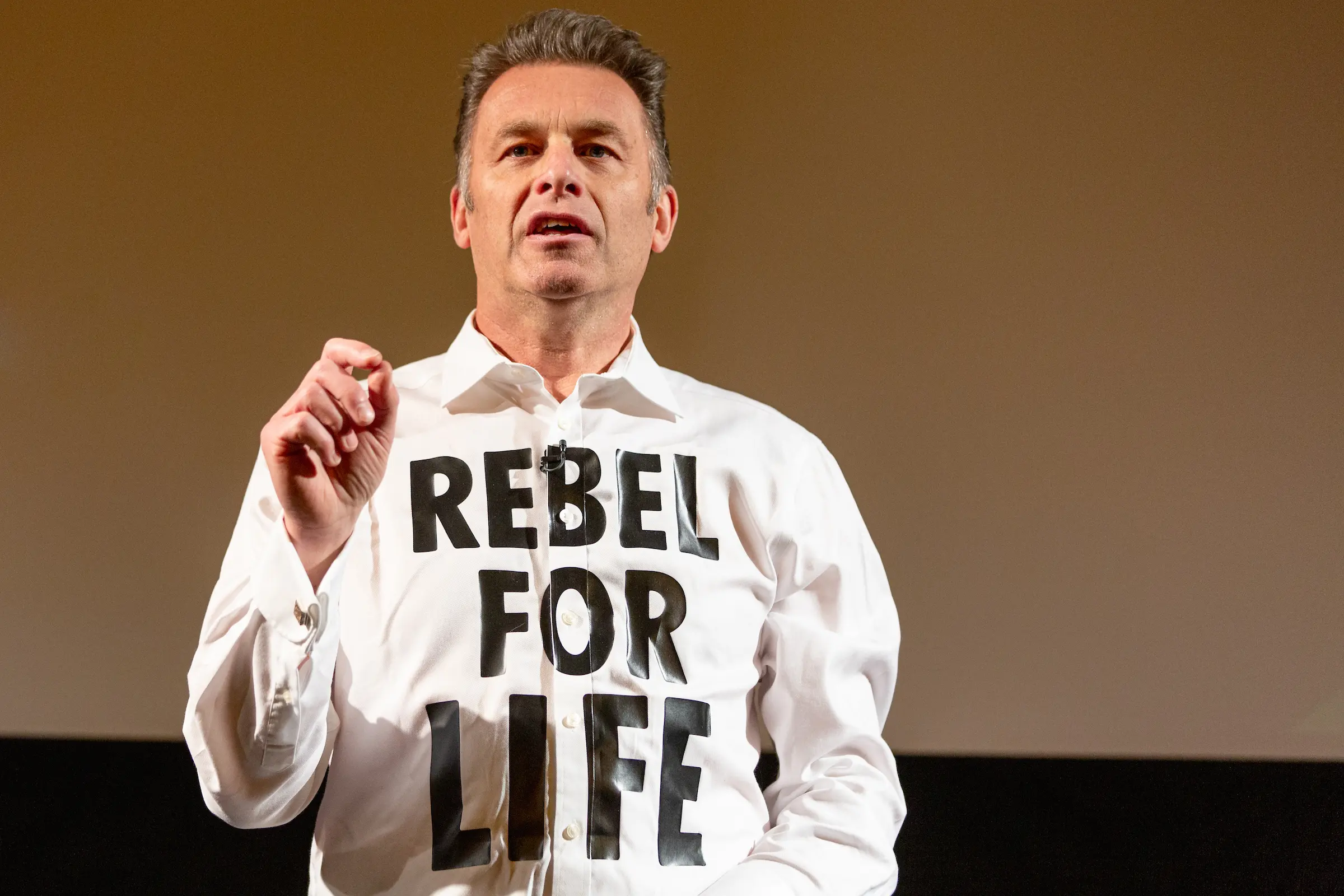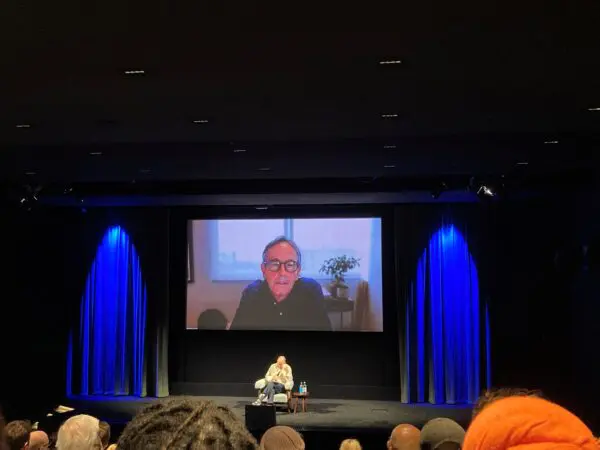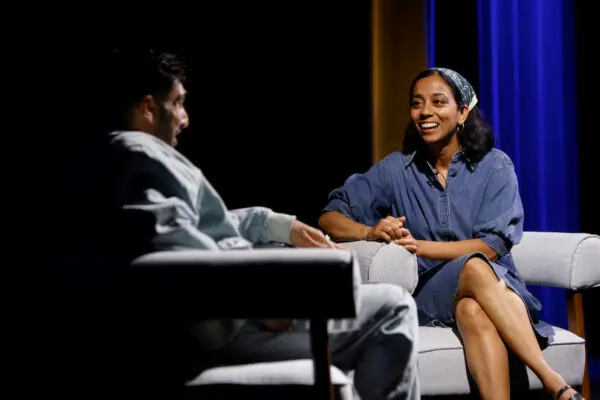Award-winning broadcaster, conservationist, photographer and writer Chris Packham called on the television industry to make environmental productions carbon neutral within three years. And to reduce television production’s impact on climate change and help highlight the truth about environmental problems our planet faces during the BAFTA television lecture at London’s Barbican Centre.
Over the course of his career, Packham has presented many acclaimed and popular natural history programmes. This includes The Really Wild Show, Springwatch and most recently 7.7 Billion People and Counting. His career has been dedicated to wildlife filmmaking, conservation and educating the public about the environment. And he has been awarded the Dilys Breese BTO Medal for “his outstanding work in promoting science to new audiences” and a Wildscreen Panda Award.
Opening his lecture with a powerful dystopian story to demonstrate how climate change could shape our future, Packham then delivered a video message filmed on location in Tanzania discussing the television industry’s role in climate change.










